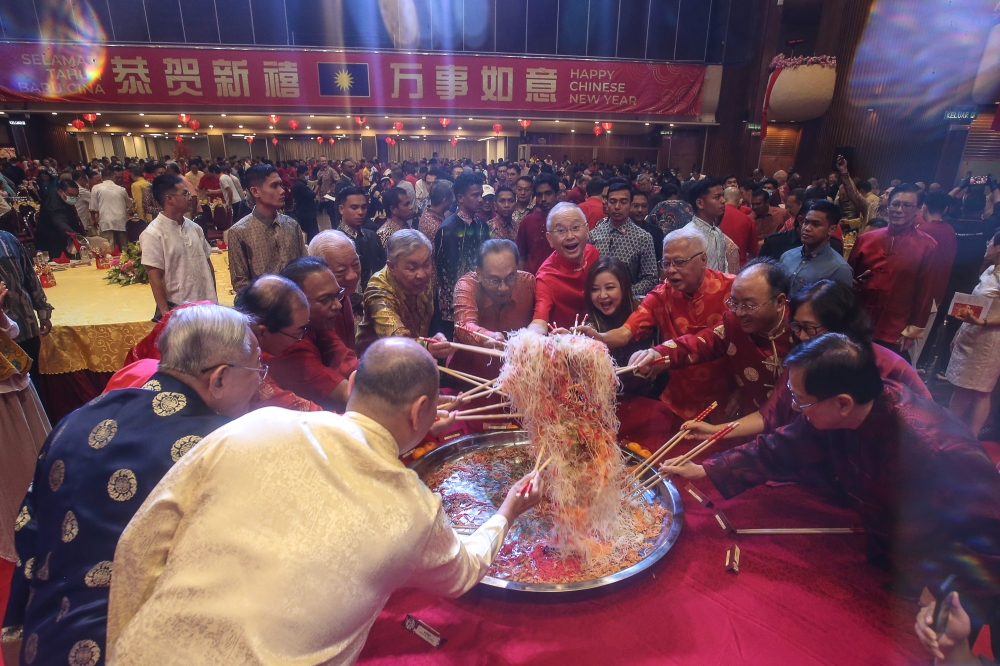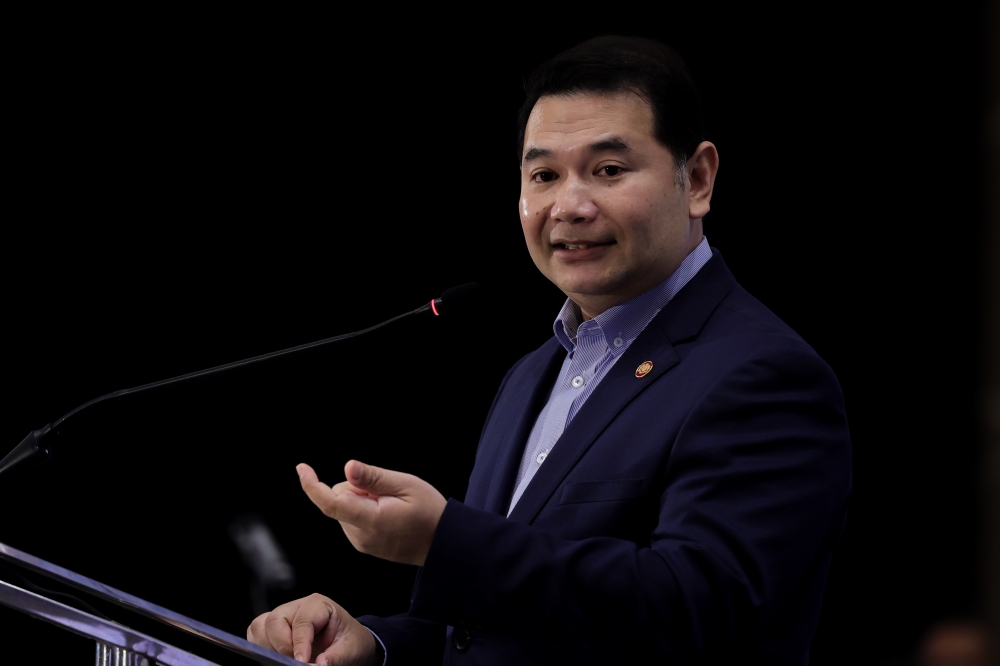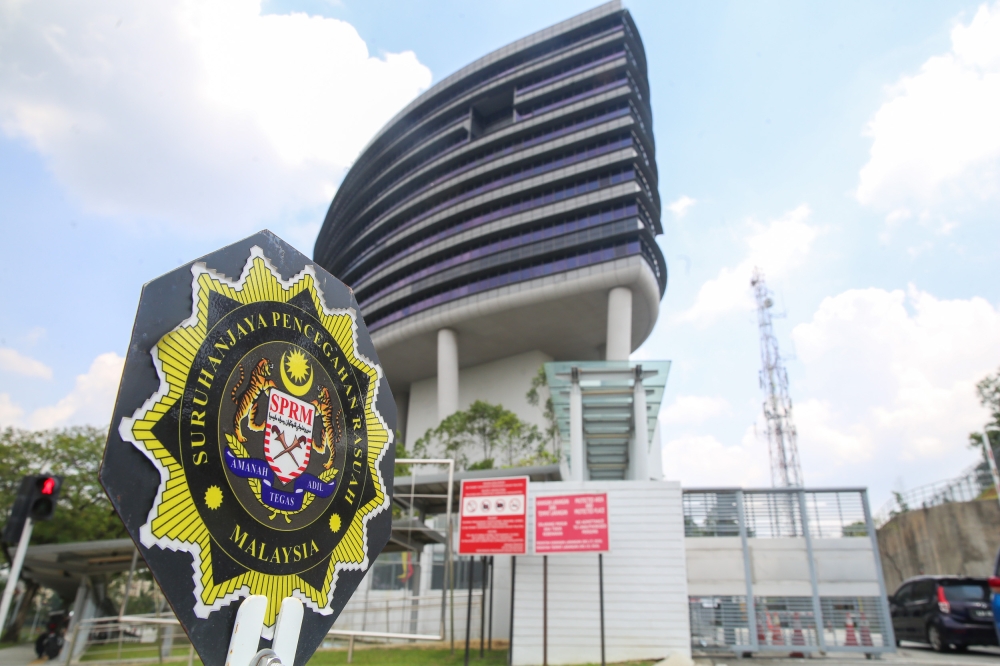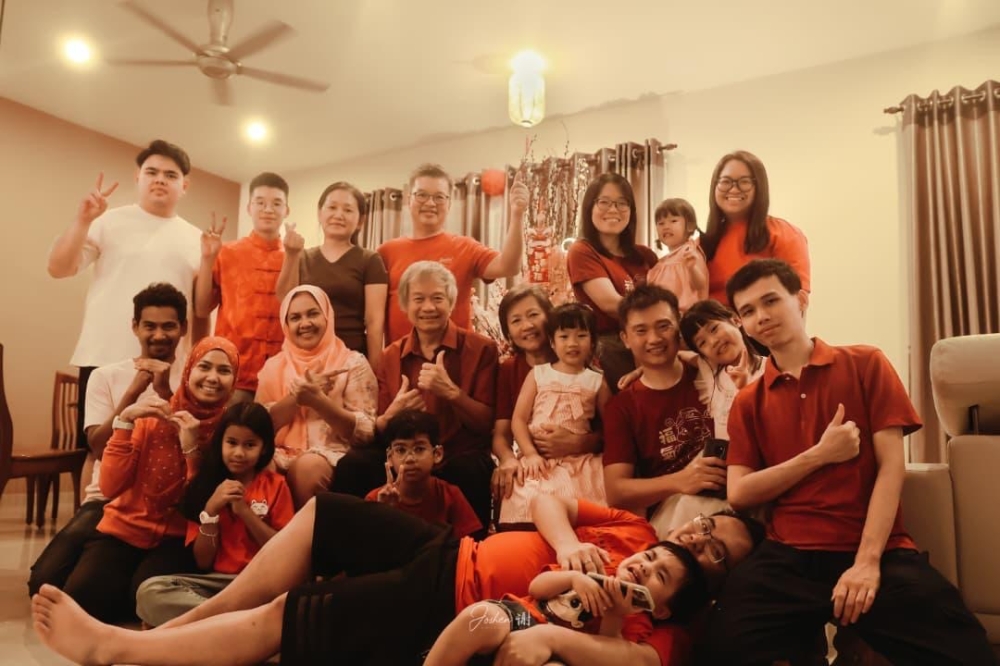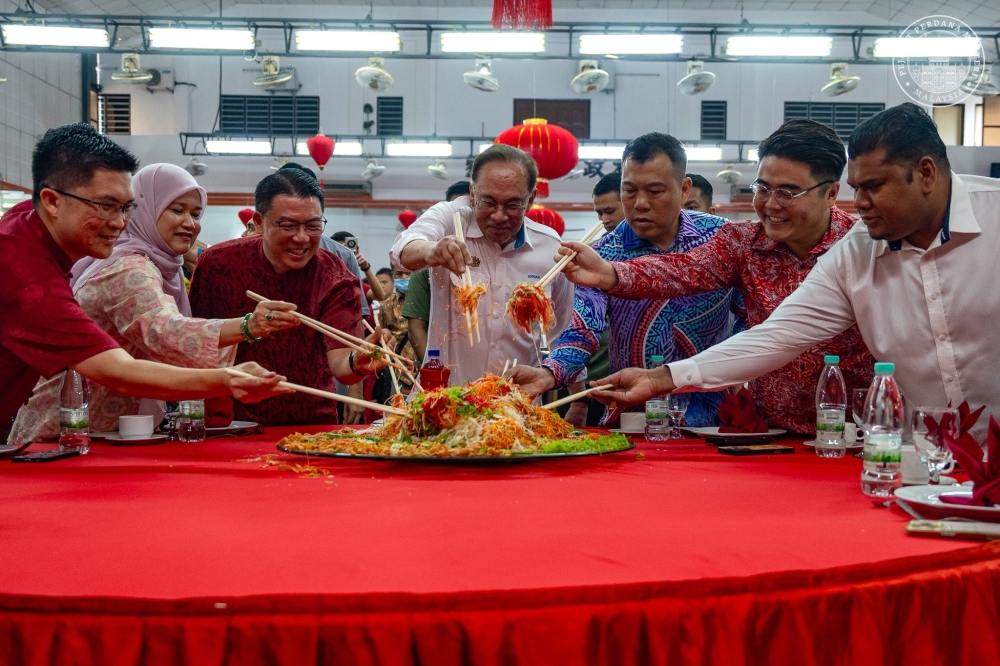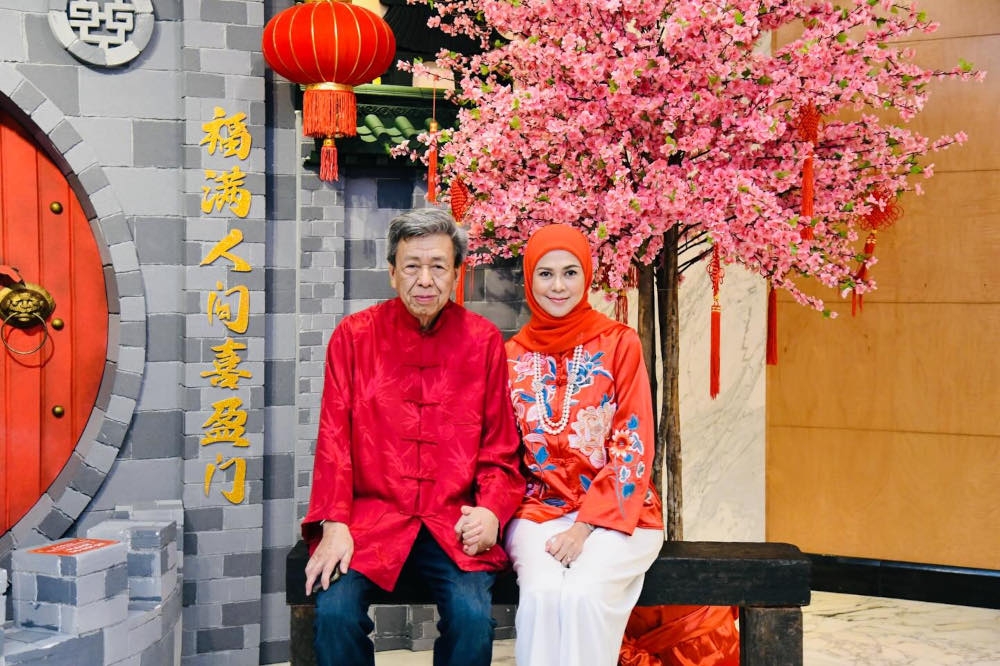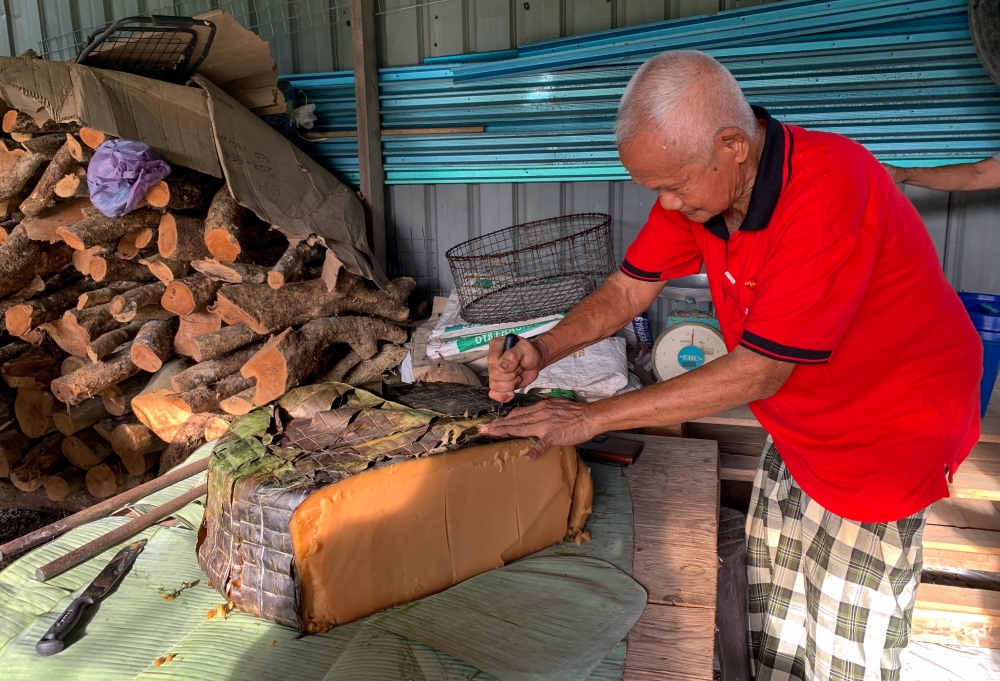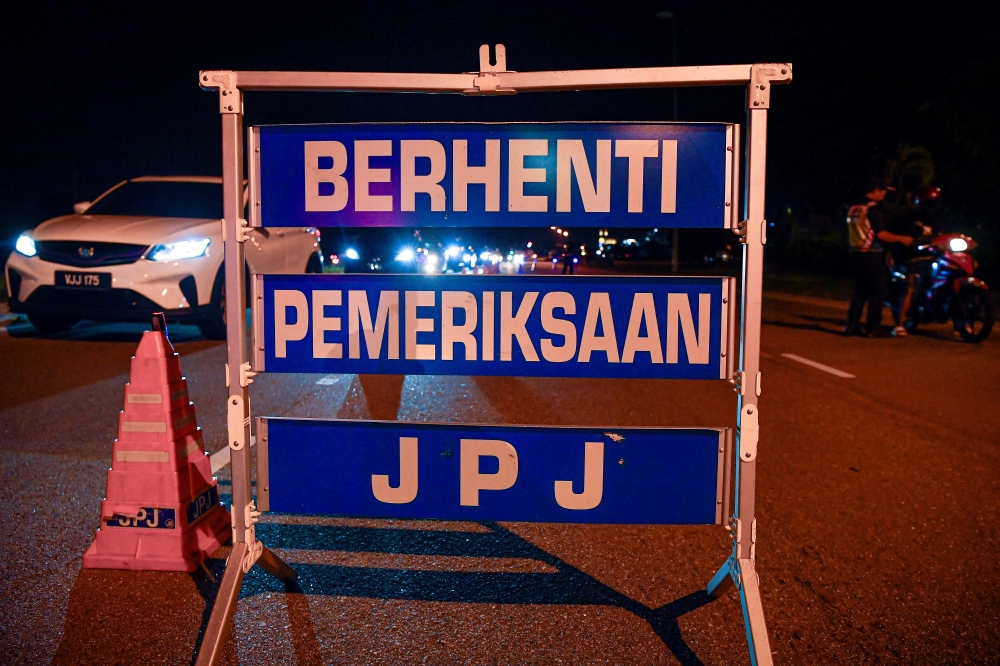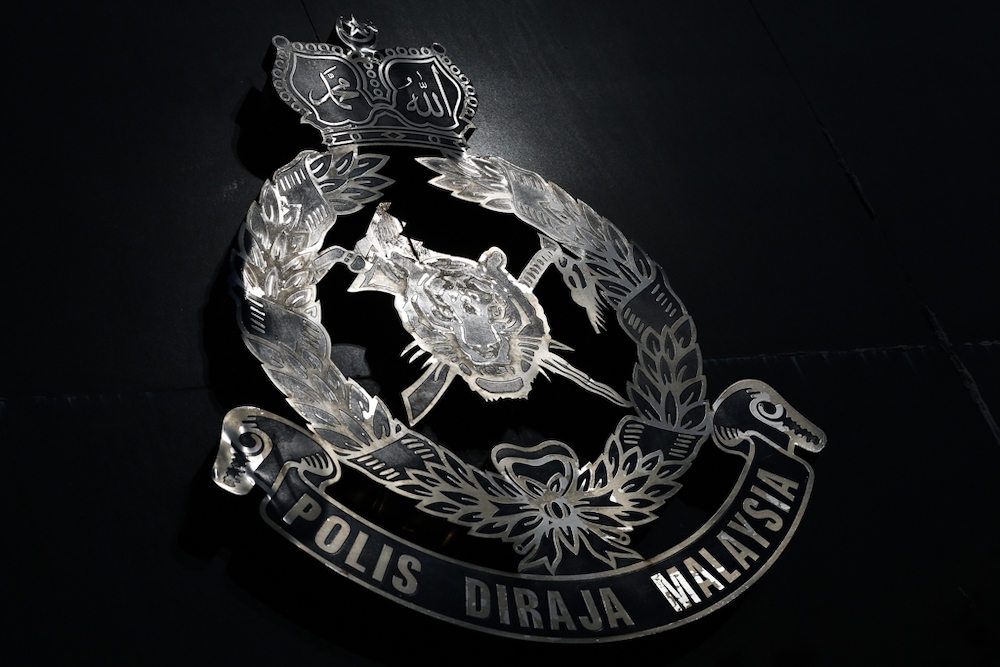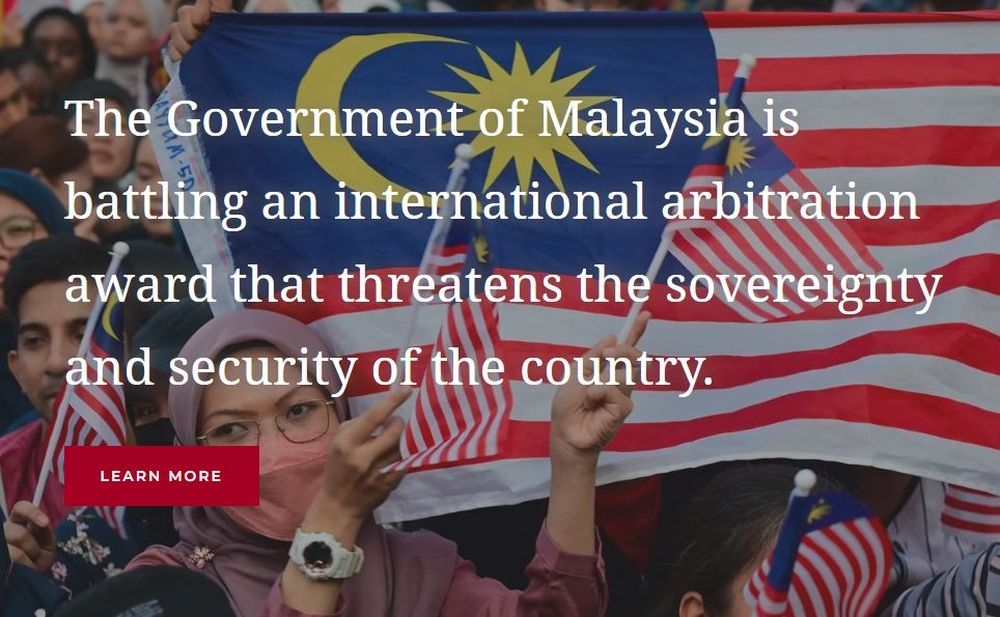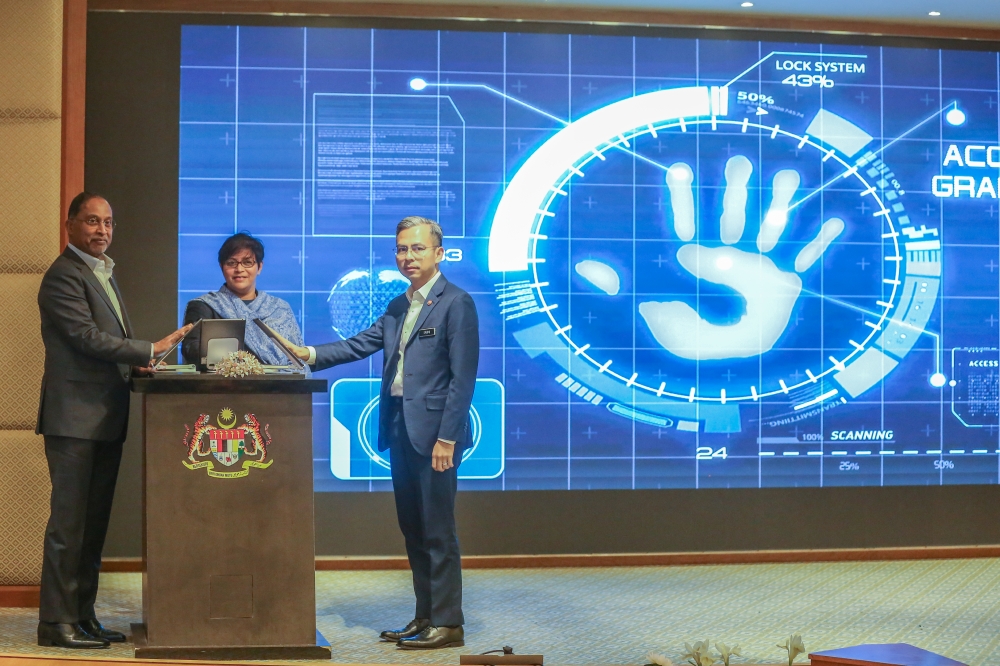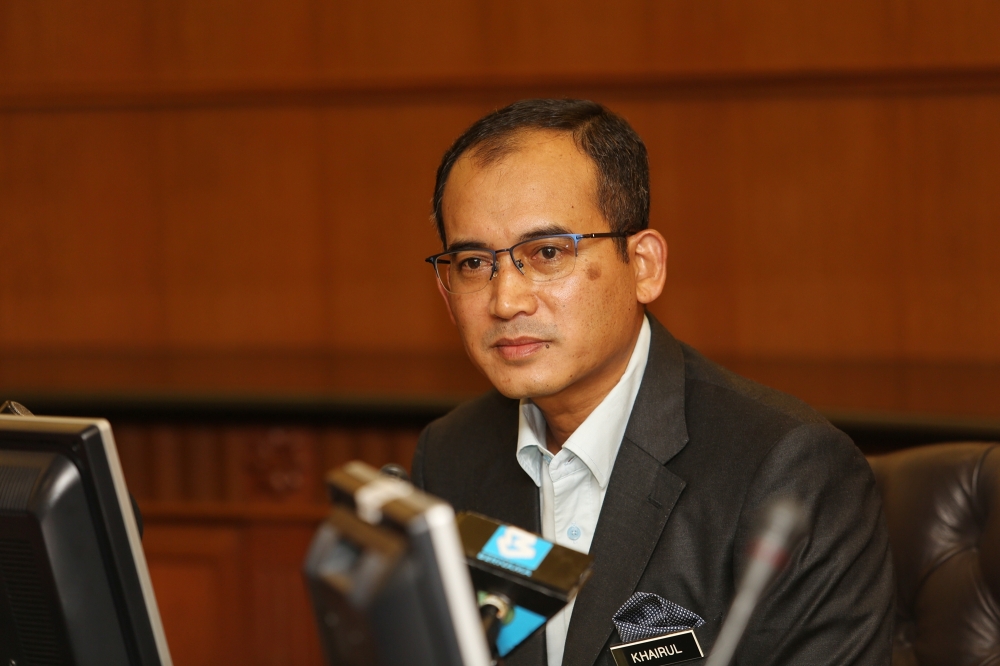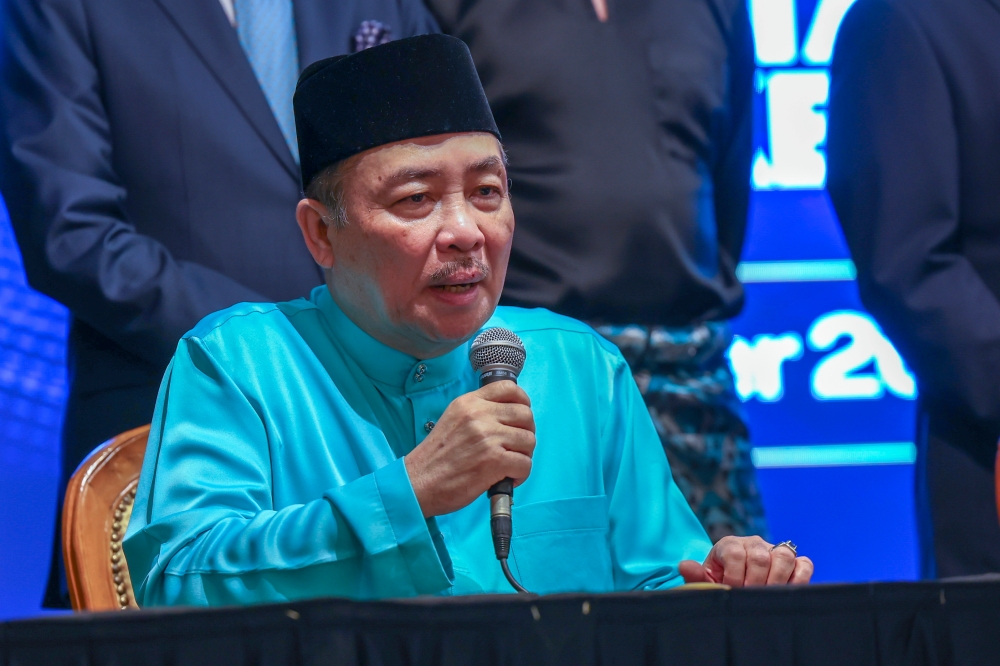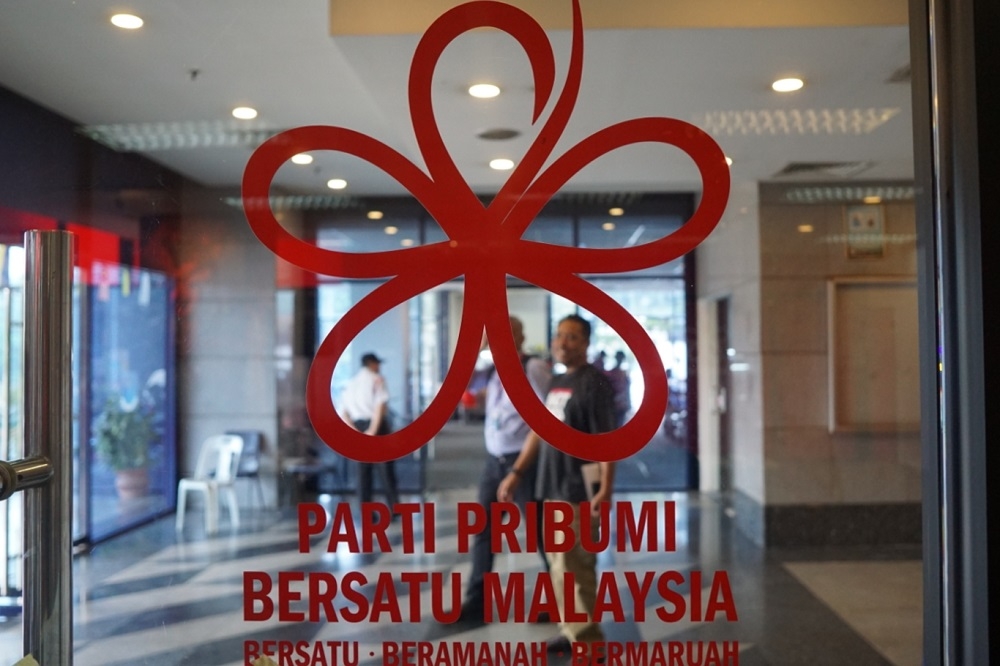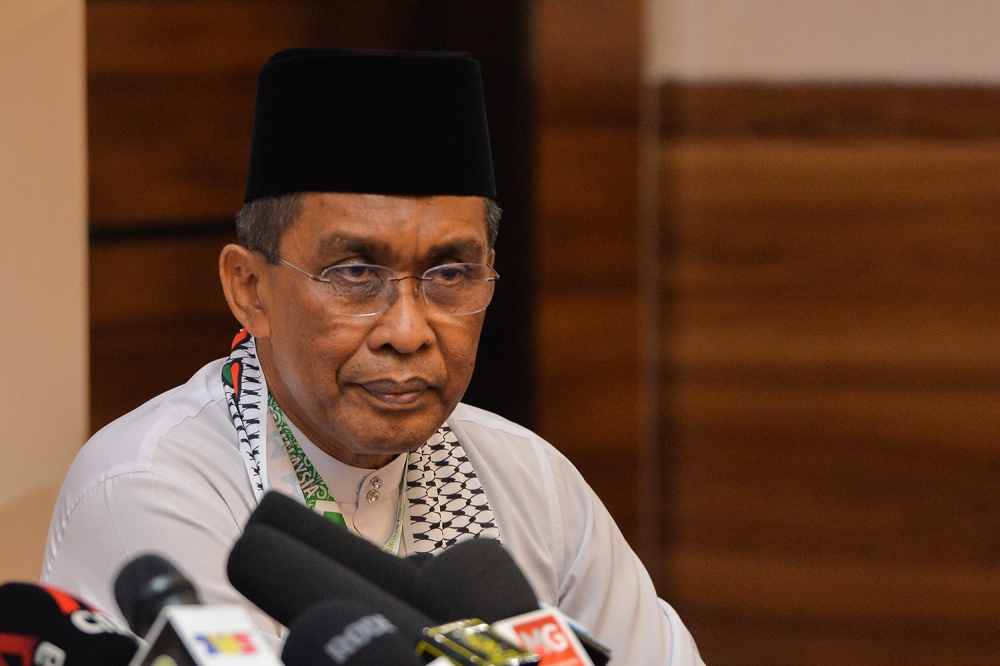KUALA LUMPUR, April 14 — Eight "mysterious" individuals who claim to be linked to a Sulu sultan who died in 1936 are seeking to profit from Malaysia, by attempting to hold the country to "ransom" in order to grab US$14.9 billion (almost 16 per cent of Malaysia's annual government budget), the Malaysian government has said.
On its new website https://www.malaysia-sulucase.gov.my/ launched on Wednesday, the Malaysian government did not mince its words when saying these eight persons were seeking to get rich at the expense of Malaysians.
In February 2022, the eight Sulu claimants obtained an arbitration award which ordered Malaysia to pay them US$14.92 billion as compensation over the natural resources in Sabah. But Malaysia says the entire arbitration and the US$14.92 billion award is invalid.
Who are the eight Sulu claimants?
The eight individuals are Nurhima Kiram Fornan, Fuad A. Kiram, Sheramar T. Kiram, Permaisuli Kiram-Guerzon, Taj-Mahal Kiram-Tarsum Nuqui, Ahmad Nazard Kiram Sampang, Jenny K.A. Sampang, Widz-Raunda Kiram Sampang.
Based on local financial publication The Edge's report last year, the eight are in their 50s to 70s, with three of them retirees, three unemployed, one school administrator and one businessman.
Apart from being citizens of the Philippines, the eight individuals claim to be the descendants of the so-called Sultan of Sulu, Jamalul Kiram II. Sultan Jamalul Kiram II was said to be the last legally-recognised sultan of the now-defunct Sulu sultanate and had died in 1936 without any heirs.
The Malaysian government's website said, "there is very little information about their identity or their true relation to the Sultan, which remains under question".
On the Malaysian government's website, it highlighted that the Home Ministry had on April 6 issued an order — under Malaysia's laws against money laundering and against the financing of terrorism — against Fuad A. Kiram, who is one of the eight claimants.
The Home Ministry's order cited Fuad A. Kiram — otherwise known as Muhammad Fuad A. Kiram and who will be turning 69 this year — as having "participated and facilitated the commission of a terrorist act", which the Malaysian government's website said was due to his connection to the Royal Sulu Forces (RSF).
With the home minister's declaration of Fuad A. Kiram as an entity involved with terrorism, Section 66B of Malaysia's anti-money laundering and anti-terrorism financing law (Act 613) would stop Malaysians and Malaysian companies from providing or collecting property for his use, or from dealing in properties or funds generated from property owned by him, or be involved in any transactions with him, or providing financial services to him.
Any such involvement by Malaysians or Malaysian companies is a crime that is punishable by a maximum RM3 million ringgit or a maximum five-year jail term or both.
While Malaysia had been paying RM5,300 every year to those said to be Sultan Jamalul Kiram II's descendants in line with the inherited 1878 and 1903 agreements where the Sulu sultanate gave away its rights over land located in Sabah to a British company, the self-proclaimed Sultan Jamalul Kiram III abruptly ordered the RSF to intrude into Lahad Datu, Sabah in early 2013.
After the RSF's violent armed invasion of Sabah with 235 militants which resulted in the deaths of 73 people, the Malaysian government stopped paying the RM5,300 annual payments in 2013 itself, the website said.
The termination of the RM5,300 payments was the Malaysian government's "decisive and logical action in response to a threat" to Malaysia's security and eliminated any possible connection between the Malaysian government's money and attacks on Malaysian soil, its website said.
Malaysia defeated the RSF and has declared it to be a terrorist group. The self-described Sultan Jamalul Kiram III died in October 2013 in the Philippines.
Who is funding the eight Sulu claimants' multi-country activities?
After the UK government in 2017 rejected their request for arbitration due to reasons such as their identity being unclear, the eight claimants pursued the arbitration which started out in Spain before moving it to France, after Spanish courts ordered the arbitration to stop.
The arbitration award stated that the Sulu claimants spent more than US$3.5 million on fees and costs for their lawyers in UK, Spain and the Philippines and fees for experts, and US$2.3 million for the arbitrator Gonzalo Stampa's fees and over US$13,000 for the arbitration costs.
The eight Sulu claimants were last year reported to have used the services of at least five different law firms in the Philippines, UK, Spain, France and Luxembourg, and have been making attempts to seize assets belonging to Malaysia or Malaysian entities in Luxembourg, France and the Netherlands to enforce the US$14.92 billion arbitration award.
The Malaysian government's website says the eight Sulu claimants are being financed by the "deep pockets" of the company Therium, which operates by investing in cases and then makes profits when the case succeeds.
While saying that it is unknown if the litigation fund Therium is providing financial support directly to the eight claimants, the Malaysian government said the company's bankrolling of the Sulu claimants include paying for their lawyers in Manila and London.
"It is unclear as to whether Therium, or the claimant’s legal advisors, have undertaken due diligence into the true identity of Sulu claimants and their connections to the so-called Sulu Sultanate.
"It has been reported that Therium has already sunk over $10 million into the claim, and will be hoping to extract from the Government of Malaysia millions of dollars," the Malaysian government's website says.
Who will benefit from the US$14.92 billion arbitration award?
"The beneficiaries would be the eight individual claimants and the litigation fund, Therium, that is backing them.
"It would see the claimants become extremely wealthy individuals, to the detriment of the Malaysian people - with the award equivalent to 16 per cent of Malaysia’s yearly budget. The Government of Malaysia is therefore determined to fight the award to prevent any form of compensation from reaching them," the Malaysian government's website says.
On Wednesday, minister in charge of law and institutional reform Datuk Seri Azalina Othman Said said the nearly US$15 billion award equivalent to RM63 billion was the second-highest award in arbitration history, and said the Sulu claimants had been twisting history and making false statements and intend to threaten Malaysia into paying the money to them.
But Azalina said the Sulu claimants' claim was invalid and described it as an attempt by "foreigners financed by a litigation fund which is threatening a sovereign nation by misusing the international commercial arbitration process", stating Malaysia's firm rejection of the arbitrator and the award as invalid and also that Malaysia does not recognise the eight Sulu claimants as the legitimate heirs of Sultan Jamalul Kiram II.
Malaysia's position is that international arbitration should not be used to decide the case as there was no arbitration clause in the 1878 agreement and that the case should be decided in Malaysian courts.
While the eight claimants insist the Sulu Sultanate had only leased the land in Sabah and want to be compensated based on Sabah's total economic output, Malaysia said the correct translation of the 1878 agreement was that the so-called Sulu sultan had given away the land to the British.
"In fact, the so-called Sultan of Sulu only controlled a very small portion of Sabah, and there can be no legitimate claim to the entire output of Sabah," the Malaysian government's website said.
The Malaysian government also said it has never recognised the legitimacy of the "so-called" Sulu sultanate, and noted that the people of Sabah had exercised their right to self-determination and chose to have Sabah be part of Malaysia's formation in 1963.
As "Therium and eight mysterious individuals seek to line their pockets at the expense of the Malaysian people" by seeking to enforce the US$14.92 billion arbitration award, the Malaysian government had taken legal action to stop or suspend their efforts to seize overseas assets linked to Malaysia and will continue to protect its assets from seizure.
"The Government of Malaysia refuses to be held to ransom," it said on its website. The Malaysian government has also gone to the courts abroad to overturn the arbitration award and to have the appointment of the arbitrator invalidated.
On the website, the Malaysian government also assured international investors by saying the Sulu claim has no bearing on the country's attractiveness as a leading destination for foreign investment, and instead demonstrates the government's commitment to ensure international arbitration processes are not abused.
For more on the history of the case and details on the arbitration, read here for Malay Mail's summary: 10 things about: How the alleged Sulu heirs got a US$14.9b order against Malaysia

